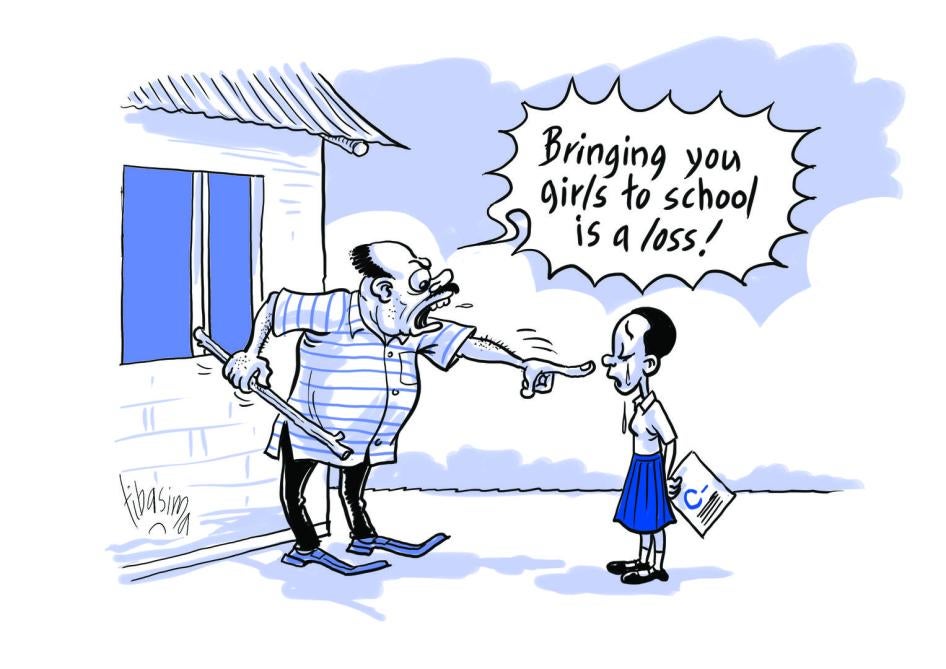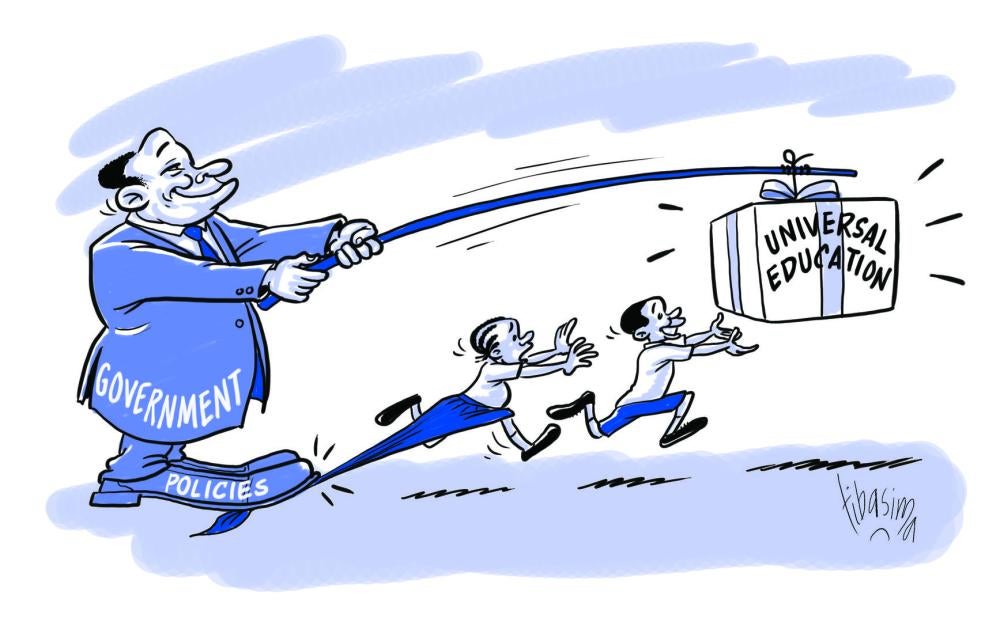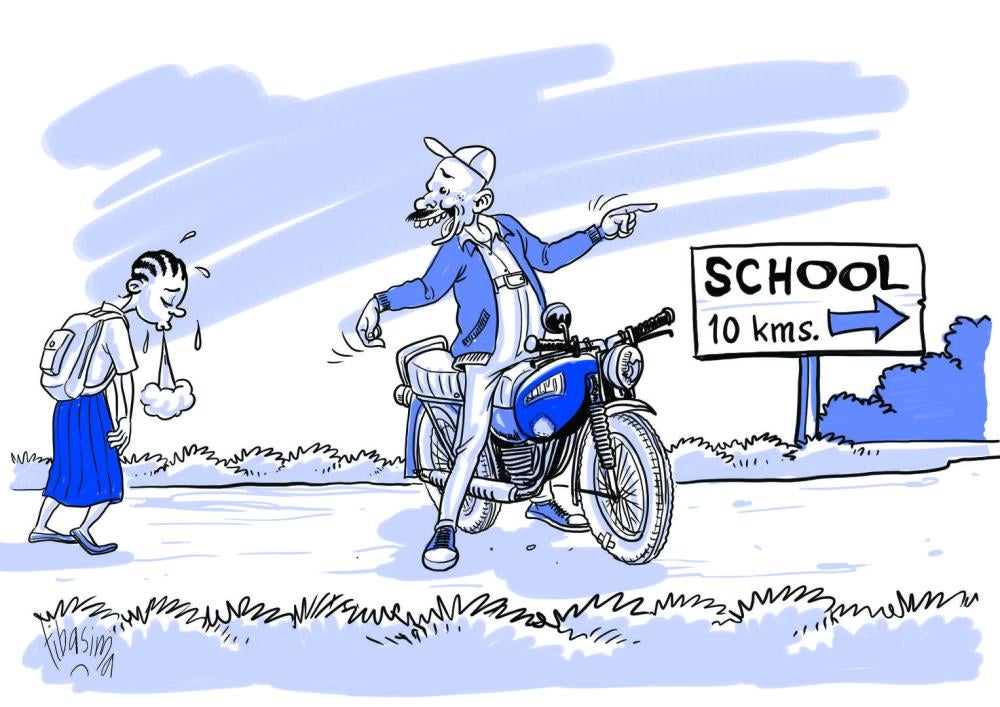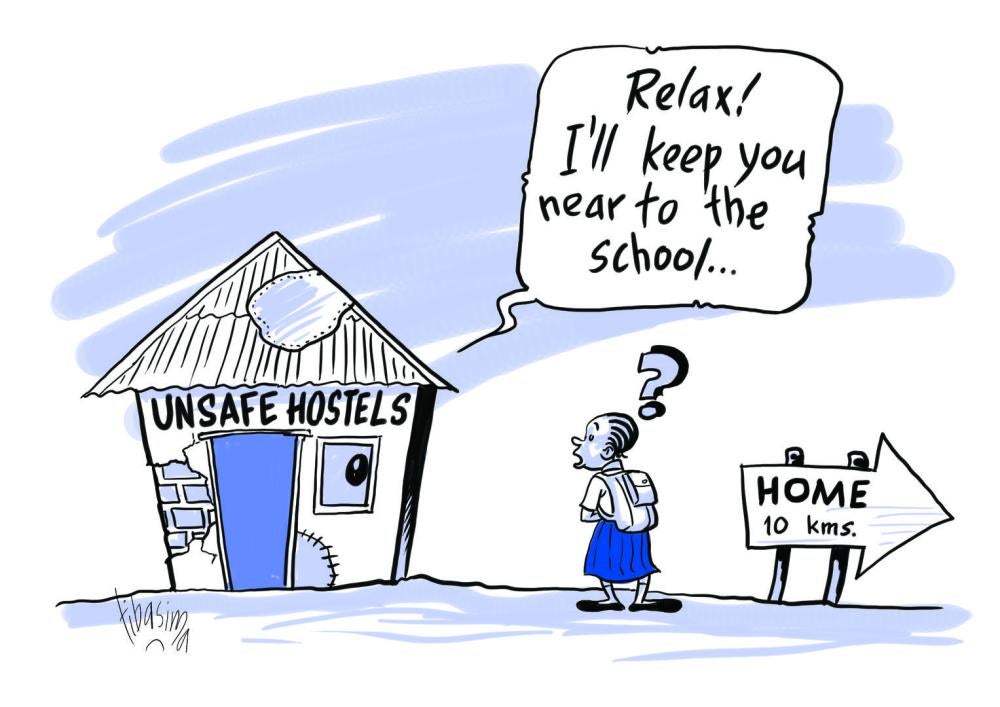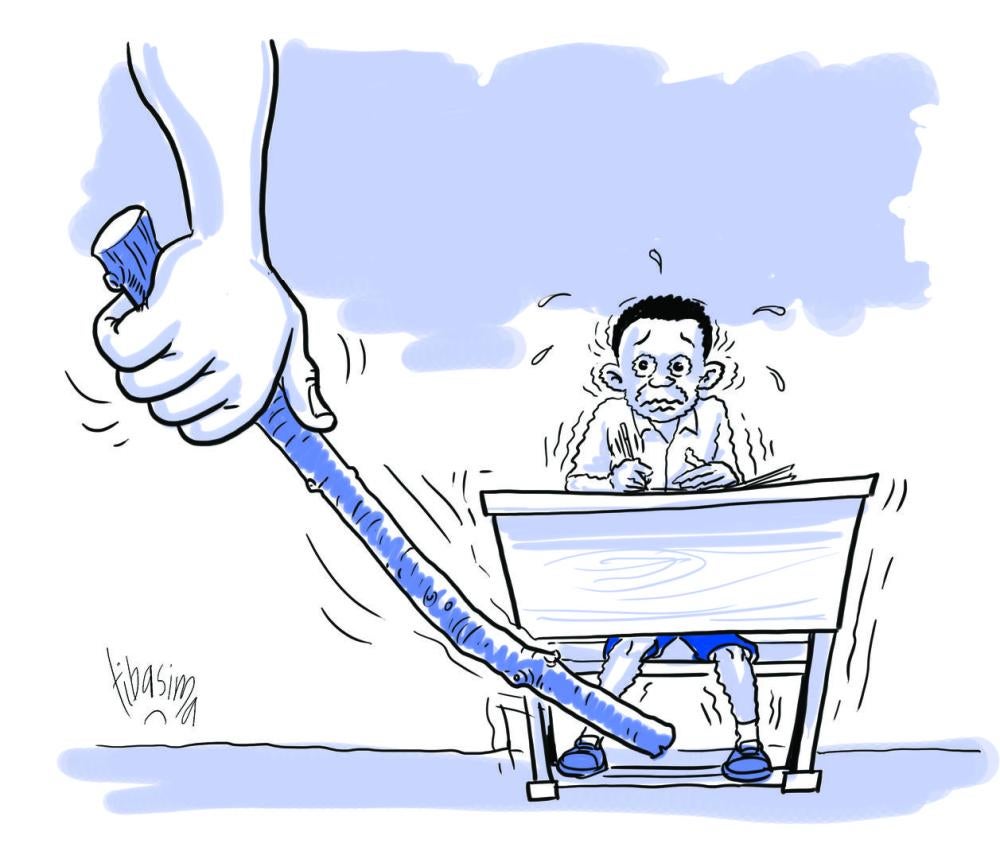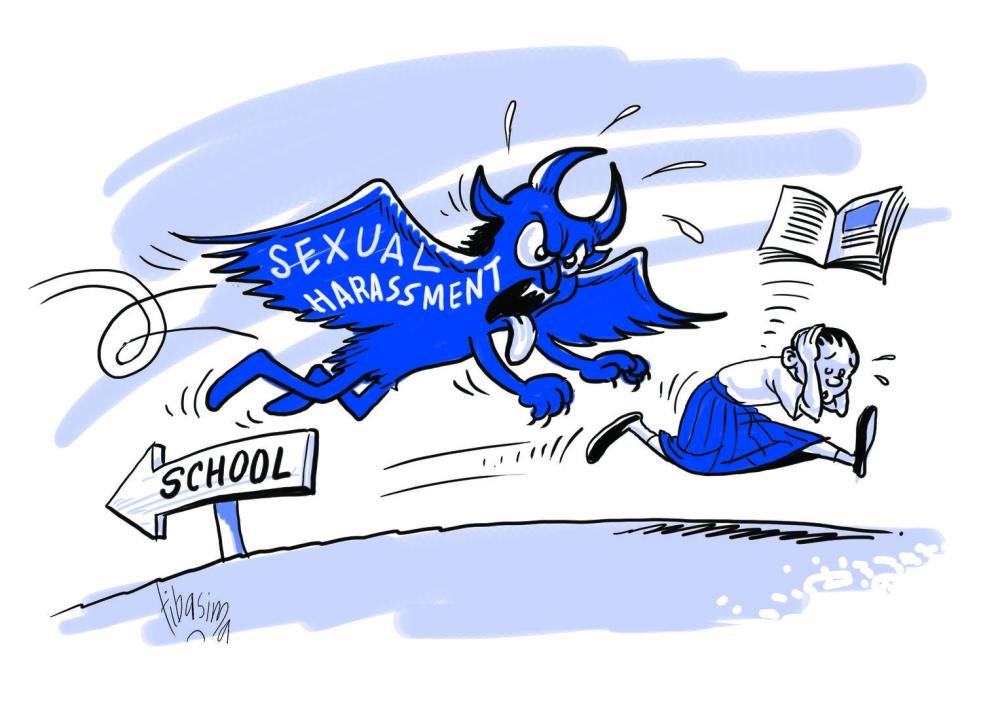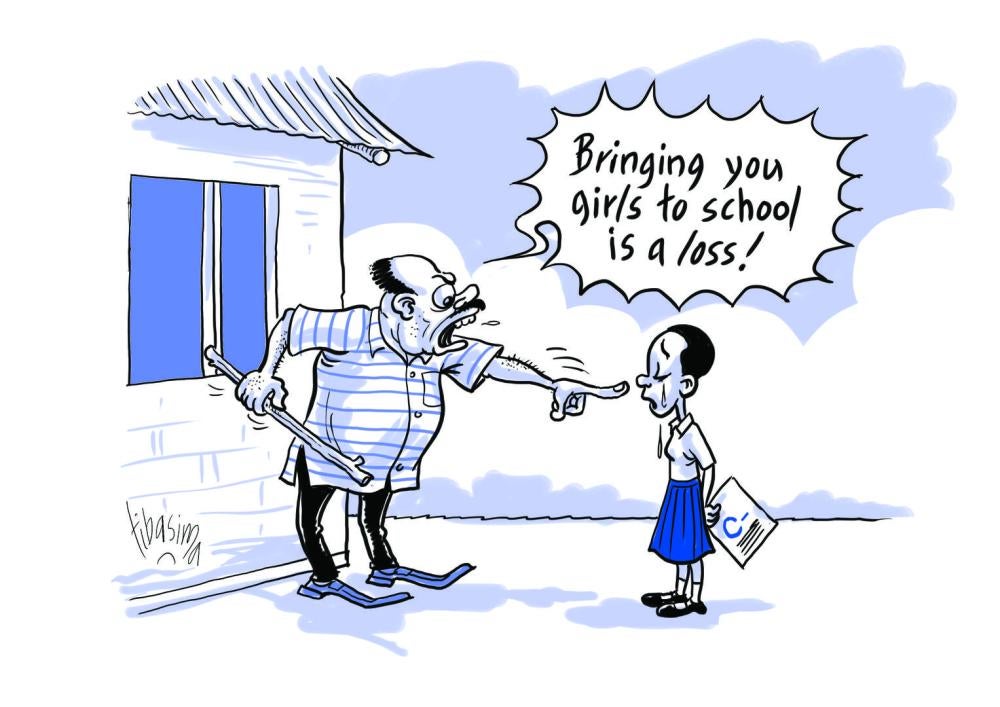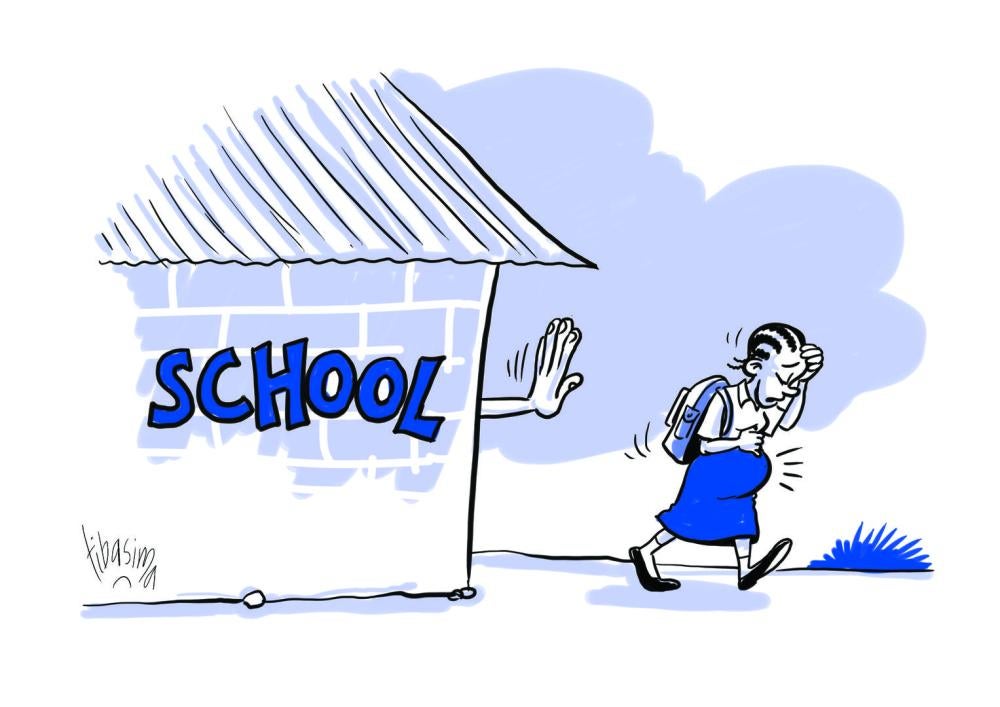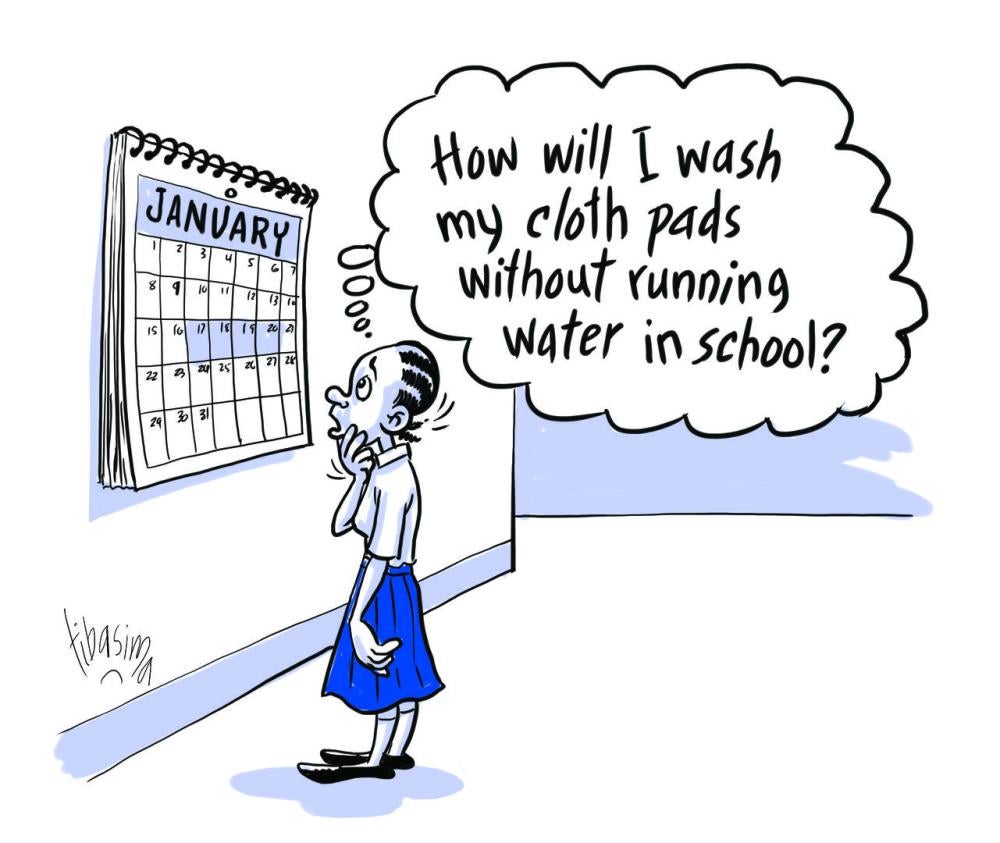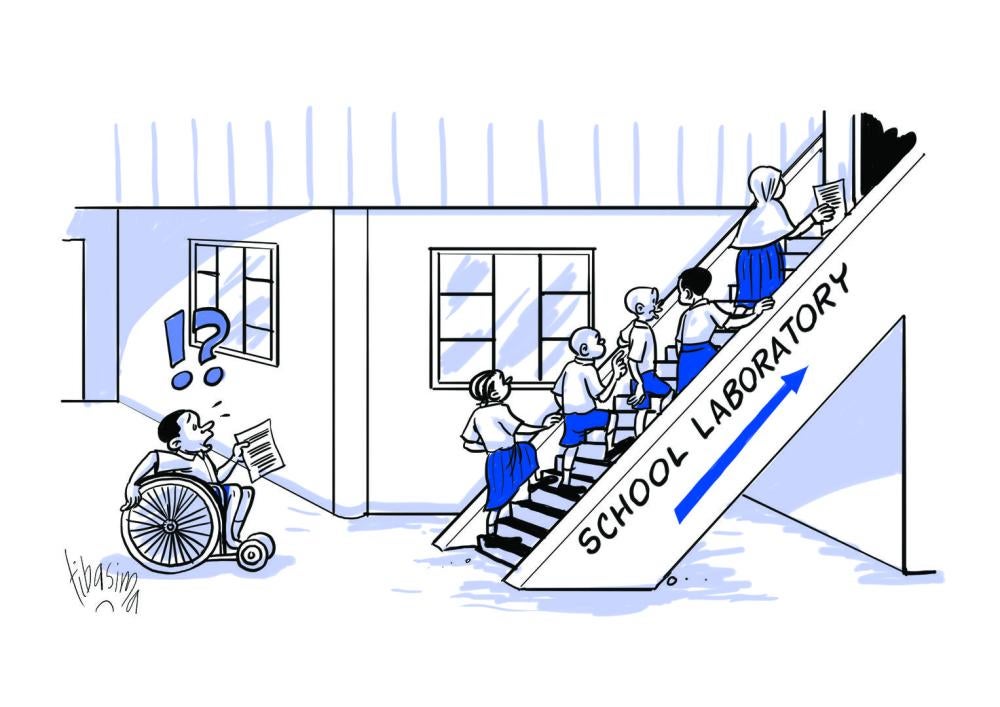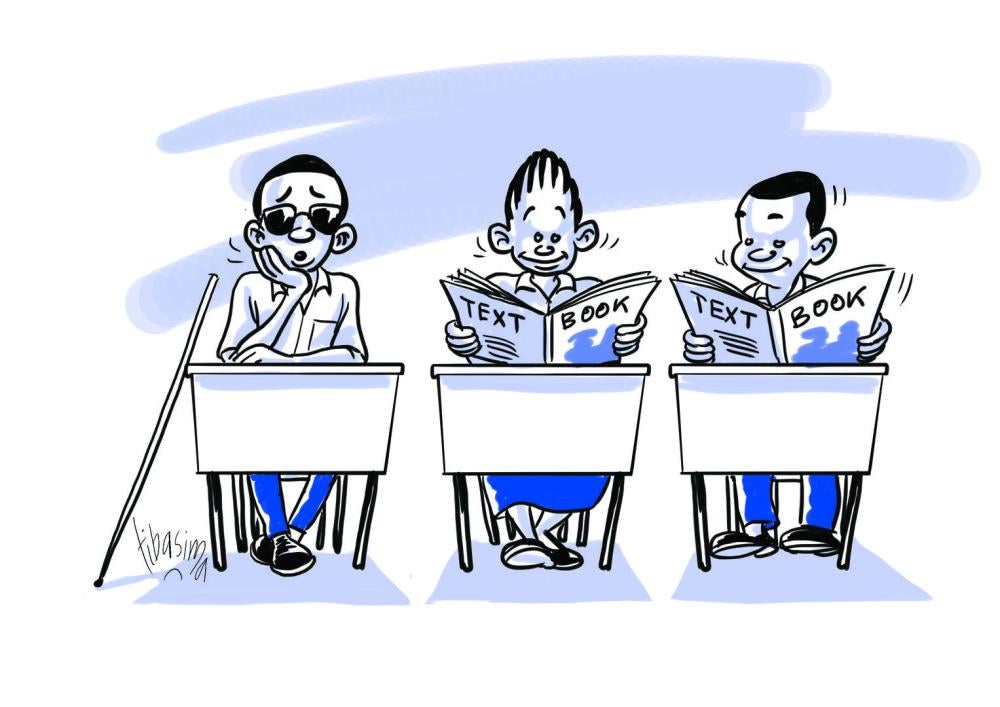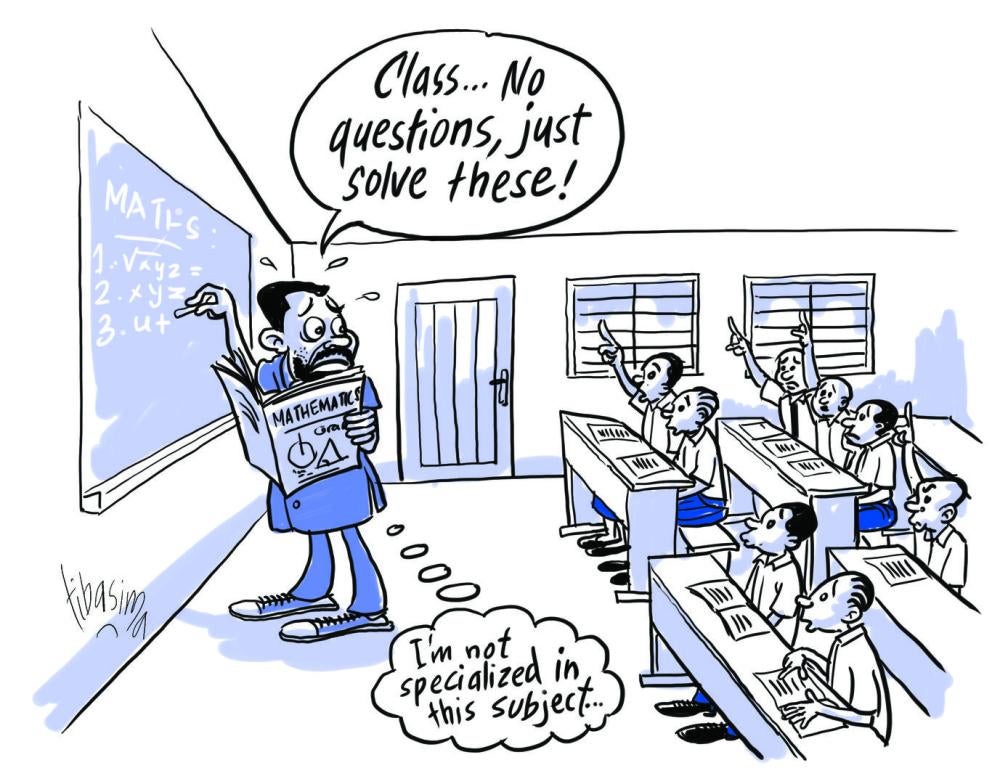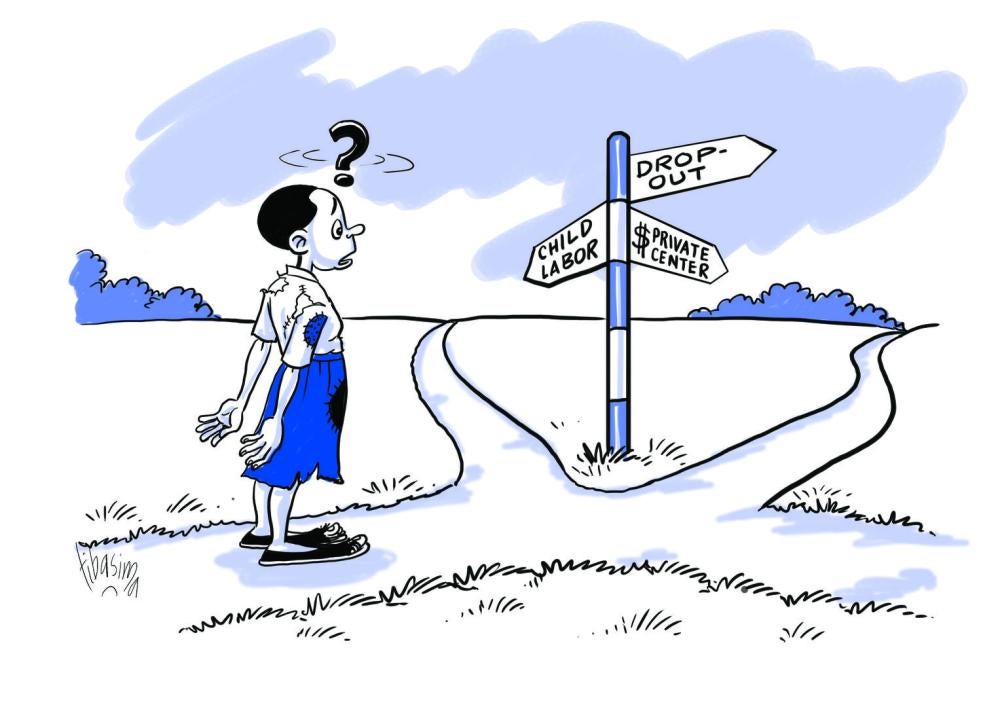“I [felt] discouraged …the school was very far, I had to climb the stones,” Lucia (not her real name) told me last year as I talked to her about her school experiences. Lucia lives in the hilly city of Mwanza bordering Lake Victoria, well-known as Tanzania’s rock city. As we drove in the area interviewing girls and visiting secondary schools perched high up amid the boulders, I remember thinking this cannot be an easy climb for these children.
But climbing stony hills to get to remote schools is not the only hurdle school children face in Tanzania. We found multiple barriers that prevent many adolescents from getting a secondary school education, including financial problems and insufficient schools and teachers. In particular, though, we found out that government policies and practices specifically discriminate against girls.
One such issue is widespread sexual abuse and harassment by teachers and other adults. Like many girls I interviewed, Lucia, now 17, told me that one teacher started approaching her for sex when she was 14: “[He] tried to convince me to have sex. He was approaching me during [sports] field practice … he would call me when [other] students went for a break.” Lucia said she felt confused about how to deal with her teacher, stopped showing up to practice, and gradually stopped wanting to go to school. As her performance in school deteriorated--teachers called her parents to talk about her lack of concentration -- she said she decided to leave school “and stop wasting my parents’ money.”
As I interviewed more girls, I realized Lucia’s story was shockingly common in Tanzania’s secondary schools, where adolescent girls frequently face sexual harassment or are persuaded or coerced into sexual relationships by their teachers. In 2011, UNICEF, the United Nations children’s agency, found that roughly 1 in 10 girls in Tanzania experienced sexual violence by a teacher. Many school-going adolescents are also exposed to widespread corporal punishment, which can be particularly humiliating and degrading for girls.
Most girls I spoke with told me they did not report these abuses because they did not know how, did not trust that their concerns would be addressed, and were afraid that if they said something, they would be blamed or the teachers would retaliate against them. None of the schools we visited had confidential reporting mechanisms or staff adequately trained to handle allegations of abuse and counsel students. With nowhere to turn, girls like Lucia may drop out because they fear being sexually abused, or because they become pregnant.
Tanzanian schools generally do not allow pregnant girls to remain in school, and government policy encourages this discrimination. They routinely conduct mandatory pregnancy tests and expel pregnant girls. Mandatory pregnancy testing itself is a serious infringement of girls’ rights to privacy, equality, and autonomy, and may cause some to drop out peremptorily. Every year, more than 8,000 girls in Tanzania drop-out of school because of pregnancy. Married girls are also expelled from school.
Many Tanzanian girls also suffer sexual abuse and harassment on their way to school, by adults who promise them lifts and gifts.
Some of these problems, like corporal punishment and long distances to schools, also affect boys, but girls are at higher risk of dropping out of school. Fewer than a third of girls who complete primary schooling end up completing lower-secondary school although almost equal numbers of boys and girls start secondary school. Once out because of pregnancy or marriage, girls struggle to get back into education because of lack of supportive school policies, fear of stigma, child care responsibilities and lack of family support.
Over the years, the Tanzanian government has made progress in tackling some of these problems, and took a significant step by eliminating secondary school fees in 2016. It has also committed to build secondary schools closer to communities, build hostels for girls who need to travel long distances, and improve sanitation – important especially for managing menstrual hygiene.
But to ensure that all children are able to stay in school, Tanzania should take immediate policy and practical steps to protect children from physical and sexual abuse, and investigate and prosecute teachers and school officials who sexually abuse students. It should stop expelling pregnant and married girls, develop systems for their re-entry; and unequivocally ban corporal punishment.
I asked Lucia how she felt about going back to school: “I would like to… but … I feel I’m going to fail again.” I reminded her she did not fail in the first place; her school failed to ensure her safety. Lucia and other girls need to know that their government will protect them to enable them to stay in school and achieve their potential.

